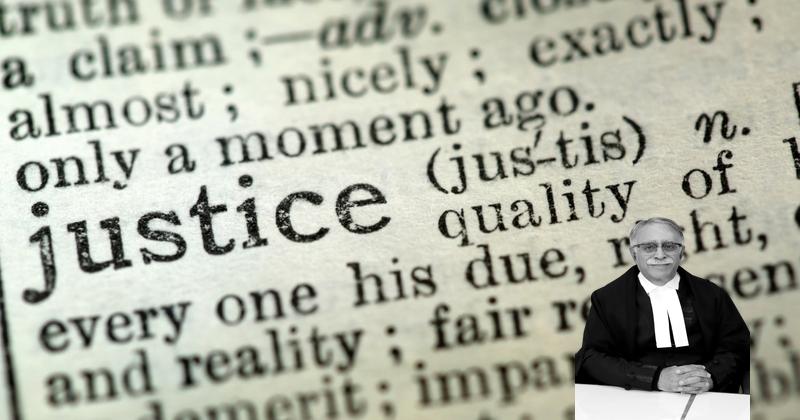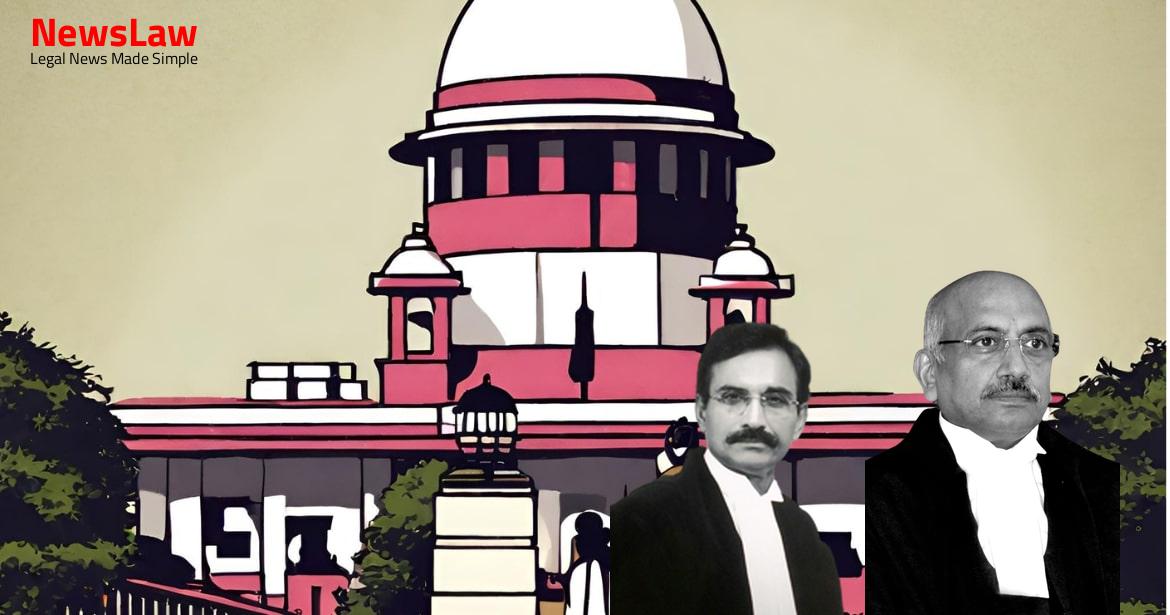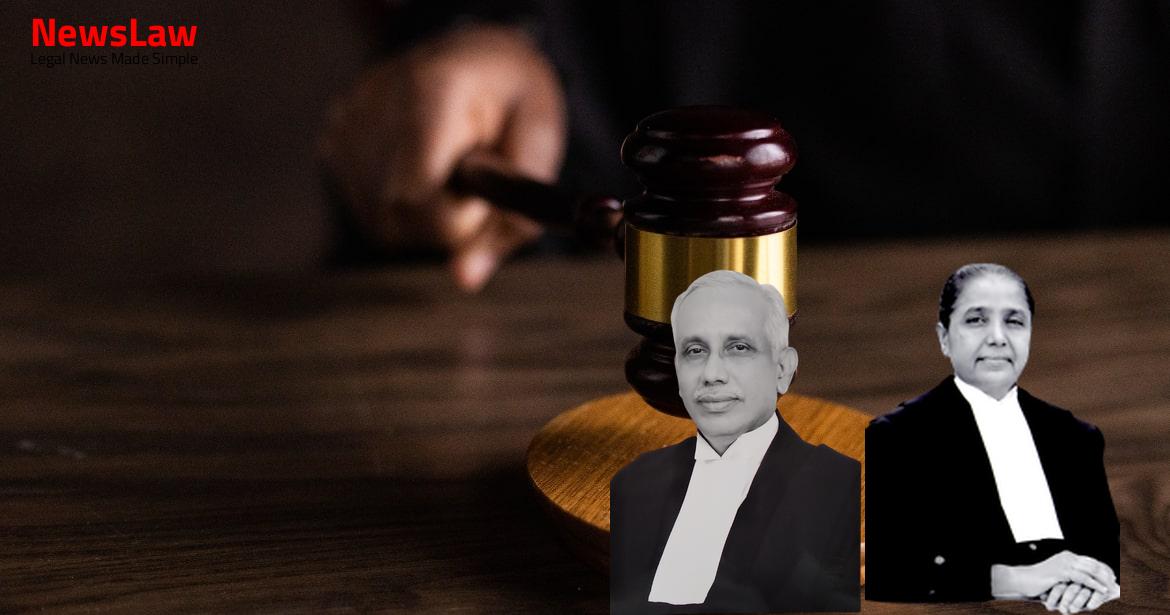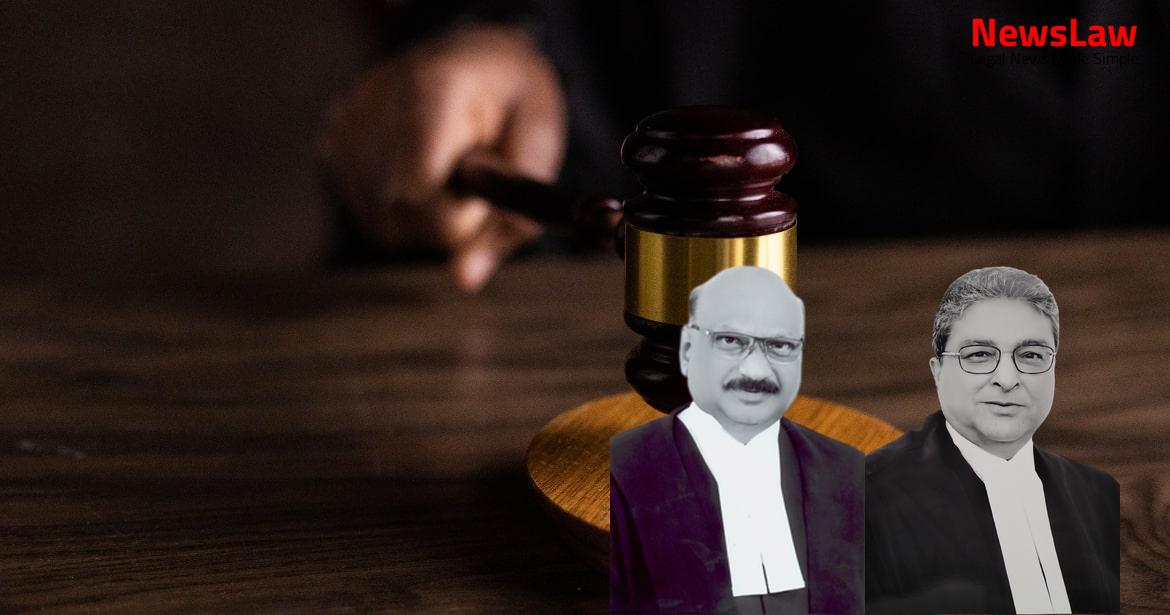No.6287-C of 2010 dated 28 May, 2010 by which the court in such jurisdiction set aside the concurrent findings returned by the Additional District Judge, Jalandhar in Civil Appeal No.248 of 1981 dated 1 August, 1981 and by the Sub-Judge 1 Class, Jullundur ( now Jalandhar ) in Civil Suit No.186 of 1981 dated 24 September, 1981. The Respondent (Gurcharan Singh) filed a suit for possession over such disputed property before the Sub- Judge 1 Class, Jullundur ( now Jalandhar ), who, having considered the evidence led, framed certain issues and returned findings in favour of the Appellant (Gurbachan Singh) herein.
It was also noticed that the abovenamed witnesses testified to the Respondents herein having carried out construction on the property purchased by him, the implication thereof being that after the execution of the sale deed, possession also rested with him. The judgement rendered in the regular 2 appeal has been impugned before us on the ground that the High Court has transgressed the scope of second appeal; that the purchaser of a co-share does not have a right to possession [this ground is urged on the basis of 3 judgement rendered by this court in Jai Singh v.
This court has, in a multitude of decisions, expounded on what may be termed as a substantial question of law to satisfy the requirements of section 100.
Ltd., AIR 1962 SC 1314] and other judgments and summarised the tests to find out whether a given set of questions of law were mere questions of law or substantial questions of law. However, it is clear that the legislature has chosen not to qualify the scope of “substantial question of law” by suffixing the words “of general importance” as has been done in many other provisions such as Section 109 of the Code or Article 133(1)(a) of the Constitution. Ram Ditta, 1928 SCC OnLine PC 31 : (1927-28) 55 IA 235 : AIR 1928 PC 172] the phrase “substantial question of law” as it was employed in the last clause of the then existing Section 100 CPC (since omitted by the Amendment Act, 1973) came up for consideration and their Lordships held that it did not mean a substantial question of general importance but a substantial question of law which was involved in the case. Noony Veeraju, 1951 SCC OnLine Mad 100 : AIR 1951 Mad 969] : (Chunilal case
[Chunilal V.
Also Read: https://newslaw.in/supreme-court/extension-of-benefit-of-doubt-in-criminal-convictions/
However, the formulation or lack thereof of the Court having framed substantial questions of law is not one of relevance to the instant dispute and therefore does not come to the aid of the Appellant herein.
Gurdial Singh Mann which held section 41 of the Punjab Courts Act, 1918 to be repugnant to section 100, CPC to be bad in law, thereby implying that section 41 of the Punjab Court Act holds as good law. The expression “any provision inserted in the principal Act” by a High Court has reference to Section 122 of the Code of Civil Procedure by which High Courts may make rules regulating their own procedure, and the procedure of civil courts subject to their superintendence, and may by such rules annul, alter, or add to any of the rules contained in the First Schedule to the Code of Civil Procedure.”
Later on, the creation of the new State of Haryana, under the provision given in Section 88 of the Punjab Re-organization Act, 1966, the laws applicable in the erstwhile State of Punjab continued to be applicable in the new State of Haryana.
With reference to Ramdas (supra) and Gurmej Singh (supra) it is contended that Faqir Singh as a co-owner sold a part of his share in an undivided property and therefore the purchaser only acquires such share but not the right to possess.
Also Read: https://newslaw.in/supreme-court/vicarious-liability-under-section-34-of-ipc/
Reliance on Shyam Sunder (supra) does not support the case of the Appellant as there is nothing on record to reflect any effort having been made by him to substitute himself in place of the Respondents in buying the 4 marlas of land from Faqir Singh in order to keep a stranger, namely Gurcharan Singh from entering into family-owned property.
In Nazir Mohamed (supra) this Court has recognised three conditions in which a court in such jurisdiction, may disturb findings of fact.
Case Title: GURBACHAN SINGH (DEAD) THROUGH LRS. Vs. GURCHARAN SINGH (DEAD) THROUGH LRS. . (2023 INSC 639)
Case Number: C.A. No.-010556-010558 / 2010



